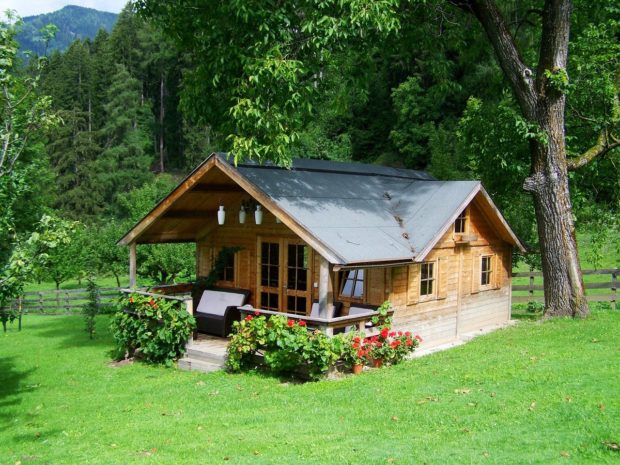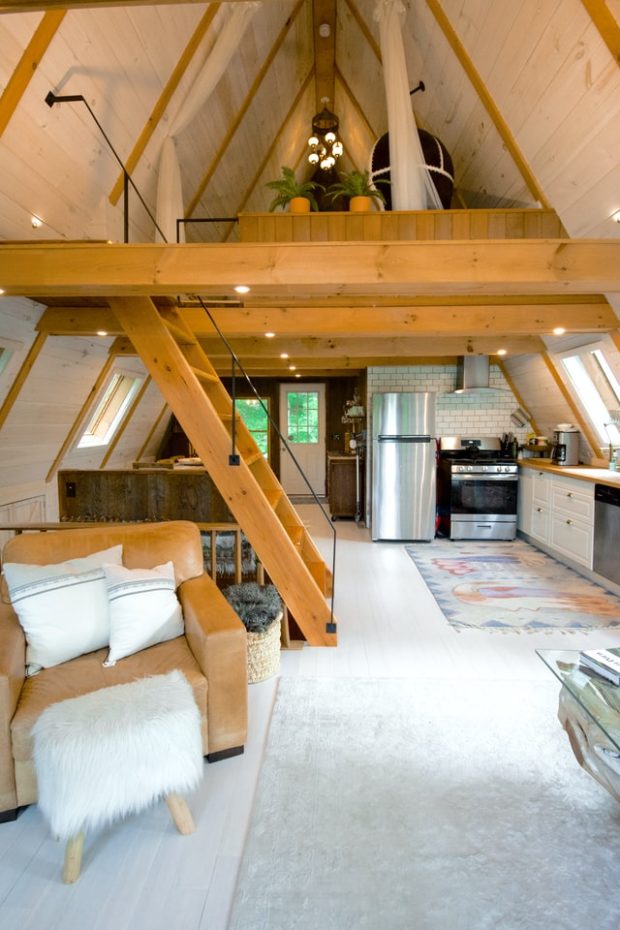If you’re interested in building and owning a tiny house, you’re in good company. Tiny houses are increasingly popular across the nation. However, like any home, there are essential details to keep in mind. Are you going to buy a tiny house from someone, or build it from the ground up? Will it be mobile? How will you adapt to living in one?
There are some questions that only those experiencing tiny house living can answer, and there are many things most people don’t consider in their excitement. Don’t worry – here are a few critical things to consider.
1 – Building from the Ground Up? Use a Contractor
While it is entirely possible to build your own tiny house, the better option is to hire a contractor—or become one!
A contractor will know who to call to install the plumbing, fill out the zoning documents, and more. They will keep you up to date on all the development, and you can rest assured knowing that someone experienced in building will create your new home. Some contractors even specialize in tiny houses.

Alternatively, you could become a contractor. If you have the technical skills, consider getting a contractor’s license yourself. There are courses to prepare you for the exam for nearly any state at contractortrainingcenter.com. If you want to make sure things go exactly your way, it’s a good option.
2 – Maximize Space
As the name implies, a tiny house means less square footage, so you need to do everything you can to maximize your space. You likely have minimal possessions as it is if you’re living in a small space, but think about what you can do to make even more use of your living space.

Some people have folding kitchen tables and chairs to store them when they aren’t in use. Floating shelves are a sound choice, too, and they make for excellent wall decor. There are plenty of ways to make the most of your space, so plan wisely!
3 – Know Local Building Codes
Tiny houses are still subject to local regulations. If you’re moving your home elsewhere to settle, be sure you know the local laws and building codes. Your home is still a dwelling, regardless of size and location. Most cities don’t have laws specifically for these small houses, so be sure to do your research to get the right information.
4 – Insurance is Still Necessary
Like any other house, home insurance is a must for your new small abode. If your structure will be stationary and not on wheels, standard homeowner’s insurance may be the right choice for you. Check with the insurance company you choose to make sure you have coverage where you need it.
However, if your tiny house will be more mobile, you will need to consider other options. A form of trailer insurance policy, such as stationary or travel trailer based on how often you plan to move around, might work best for your situation.
5 – Keep It Green
Where you get your power from is a big part of setting up your house. Most tiny homes use solar power and other “green” or eco-friendly methods of power and energy. It’s an investment, but it’s perfect for the little home lifestyle. It’s also great for the environment and will save you quite a bit on utilities!
Conclusion
Building and owning a tiny house is an adventure. Whether you build a permanent structure somewhere or decide to keep it on wheels to move around, it’s a great way to live a less materialistic lifestyle and connect more with your space and the world around you.
Like any other home, there are things that people forget to consider when they buy or build their new living quarters. Keep these things in mind, and you’re sure to have a great time in your new (small) space!
